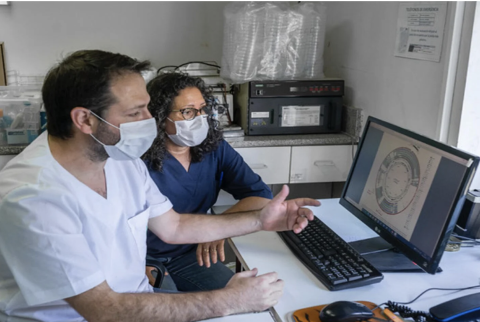Professionals of the Americas complete PAHO course to improve country surveillance of antimicrobial consumption

More than 570 professionals completed the course on World Health Organization methodology for the surveillance of antimicrobial consumption, offered by the Pan American Health Organization (PAHO). This second edition of the course was taken by professionals from Argentina, Bolivia, Brazil, Chile, Colombia, Costa Rica, Cuba, Dominican Republic, Ecuador, El Salvador, Spain, Guatemala, Haiti, Mexico, Honduras, Paraguay, Peru, Uruguay, and Venezuela.
The five modules of this online self-learning course were offered at PAHO's Virtual Campus for Public Health.
- Module 1: Introduction to antimicrobial use
- Module 2: Methodology to measure antimicrobial consumption
- Module 3: Importance of having a national antimicrobial surveillance system
- Module 4: Sources of information to survey antimicrobial consumption
- Module 5: Data collection model.
The course coordination team was made up of experts from the University Center for Pharmacology of Argentina (CUFAR), a PAHO/WHO collaborating center. When the course was finalized, each participant received personalized virtual tutoring to monitor the uploading of real country data in order to detect and correct possible errors.
The inappropriate use of antimicrobials has been associated with the development of resistance in microorganisms previously sensitive to these drugs, which is why optimizing their use is added value in the fight against antimicrobial resistance.
This initiative supports and facilitates what countries have already approved in their National Action Plans for the Containment of Antimicrobial Resistance and is part of the "Working together to combat antimicrobial resistance" project, developed with support from the European Union in collaboration with the Food and Agriculture Organization of the United Nations (FAO) and the World Organization for Animal Health (OIE).
